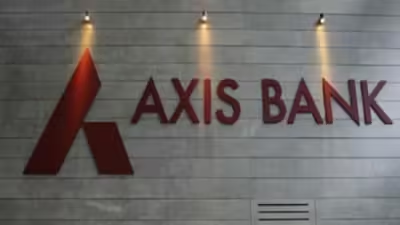Revised Allowances for Central Govt Employees: Key Updates

Allowances
The Department of Personnel and Training (DoPT) has recently announced revised rates for various allowances available to central government employees. These revisions, effective from January 1, 2024, include adjustments to dearness allowance, child education allowance, risk allowance, night duty allowance, overtime allowance, and special allowances for specific categories of employees. Let’s delve deeper into each of these allowances and their implications:
https://x.com/DDNewslive/status/1369212793853906945
Info Edge Share Price Hits 52-Week High
1. Dearness Allowance (DA) and Dearness Relief (DR): The dearness allowance (DA) for central government employees has been increased by 4% to 50%, while the dearness relief (DR) for pensioners has also seen a 4% hike, reaching 50%. These adjustments aim to offset the impact of inflation on the cost of living for government employees and pensioners. The increased DA and DR rates will benefit nearly 49.18 lakh central government employees and 67.95 lakh pensioners.
2. Child Education Allowance (CEA) and Hostel Subsidy: The allowance for child education has been revised upwards to 25% of the original amount, with a maximum cap of Rs 6,750 per month per child. Additionally, special considerations are made for children with disabilities, with their CEA adjusted to twice the standard rate. This provision reflects the government’s commitment to supporting the education of children, including those with special needs.
Arvind Kejriwal’s Legal Battle: A Deep Dive into the Arrest and Subsequent Legal Proceedings
3. Risk Allowance: Risk allowance is provided to central government employees engaged in hazardous duties or whose work may negatively impact their health over time. This allowance aims to compensate employees for the risks associated with their job roles. The clarification that risk allowance is not considered as “pay” emphasizes its role as an additional compensation element rather than a part of the basic salary.
4. Night Duty Allowance (NDA): The revised norms for night duty allowance (NDA) under the 7th Pay Commission entail eligibility based on a basic monthly salary threshold and specific calculation formulas. NDA aims to compensate employees for working during nighttime hours, with adjustments made to ensure fair remuneration for such duties.
5. Overtime Allowance: Departments and ministries are tasked with assembling registers for operational staff to streamline the process of providing overtime allowance. The integration of biometric attendance monitoring systems aims to enhance transparency and efficiency in scheduling duties beyond standard working hours.
6. Special Allowance for Female Employees with Disabilities: A special allowance has been introduced to provide additional support to female employees with disabilities, particularly those with young children. This allowance, disbursed at a rate of Rs 3000 per month, aims to assist employees in balancing work and caregiving responsibilities.
7. Special Allowance for Parliament Assistants: Parliament assistants engaged in parliamentary duties during sessions receive a special allowance, with rates increased by 50%. The revised rates aim to recognize the contributions of these individuals and provide fair compensation for their efforts during parliamentary sessions.
In conclusion, the revisions to various allowances for central government employees reflect the government’s commitment to addressing the evolving needs and challenges faced by its workforce. These adjustments aim to ensure fair and equitable compensation while providing support for employees in fulfilling their duties and responsibilities.
US Consumer Inflation Trends and Implications for Federal Reserve Policy







[…] Revised Allowances for Central Govt Employees: Key Updates […]